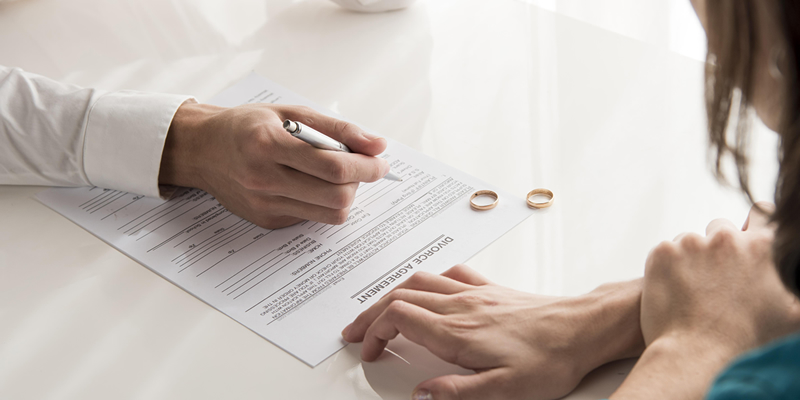
Many couples believe that maintaining separate bank and investment accounts during marriage protects those funds from equitable distribution in a divorce. This misconception can lead to surprise when courts treat supposedly “separate” assets as part of the marital estate. Understanding the law on marital versus non-marital property will help you preserve your rights and avoid unpleasant surprises.
Florida is an equitable distribution state, meaning marital assets—those acquired or increased in value during the marriage—are divided fairly (not necessarily equally, but equal is the starting point) upon divorce. All property (and debt) acquired by either spouse from the date of marriage until the date of filing for divorce is classified as marital, including separate accounts. The only exceptions are for inheritances and gifts from third persons, and those only if they’ve been maintained as a separate account in only that party’s name, and not commingled with money earned during the marriage.
When you deposit paychecks, bonuses, business income, or investment earnings into an account upon marriage, those funds typically become marital assets—even if the account name is only your spouse’s. Accounts that were created prior to marriage are non-marital assets, although adding funds to the account upon marriage is commingling.
The divorce process is a challenging experience that can put you through financial strain. If you need help going through the divorce process, please reach out to Brodzki Jacobs and Associates as our Board-Certified Family Law Attorney Nancy Brodzki is here to help.